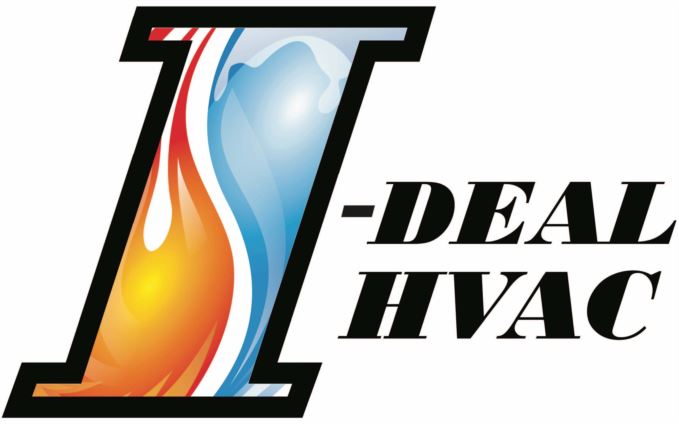
Have you ever performed a double take when you checked your last energy bill? Although high energy bills can be the result of extreme weather conditions, consistently high bills can quickly suggest an inefficient HVAC system or your home is using too much energy through other means, including drafty windows or inadequate insulation.
One of the simplest ways to identify whether your home is wasting energy is by calling a home service specialist to complete a home energy audit, also known as a home energy assessment. Keep reading to learn more about home energy audits, including what they are and their advantages.
What Is a Home Energy Audit?
An energy audit is a thorough inspection of how much energy your home consumes and whether – and where – your home may be losing or wasting energy. An inspector will go through past energy bills while completing an energy audit to determine where energy is being used and how much.
The ultimate goal of an energy audit is to help homeowners save money on their energy bills by identifying energy-efficient renovations, which may include replacing your existing HVAC system, installing new insulation, sealing up leaks, or replacing loose windows.
While completing the energy assessment, the auditor also completes an inspection of the outside and inside of your home. The auditor completes a blower door test on doorways, windows and fireplaces to find out if there are air leaks in your home. They’ll also check your home’s HVAC system, which also includes the ductwork, the water heater, and the insulation in your attic. Comprehensive assessments may also include inspecting your current lighting system.
Benefits of a Home Energy Audit
It can be difficult for the ordinary homeowner to know for certain how efficient their home is in comparison to other similar homes in their community. However, local energy companies often provide information about where your home stands when compared with similar homes and whether it’s more efficient, about average, or inefficient versus your neighbors’ homes. This can be a good starting point to determine if you need an energy audit completed.
Some of the benefits of a home energy audit include:
Learning How Efficient Your Home Is
It’s beneficial to learn more about how efficient your home is and where you’re using up the most energy. For example, if your ducts are damaged, it could result in a large increase in your energy bills and additional wear and tear on your HVAC system since it has to work longer to completely heat or cool your home.
Making Energy-Efficient Updates
An energy audit should outline where you need to make energy-efficient upgrades to conserve energy and reduce utility bills. This can include replacing old weatherstripping or installing a new energy-efficient furnace.
Enhancing Health and Safety
Allowing air to seep into your home via doors and windows, or because of a lack of insulation can cause excessive moisture to build up, which may negatively affect your home’s humidity levels or lead to mold. This can lead to health problems, particularly for people dealing with asthma or allergies.
Raising Your Home’s Retail Value
Energy-efficient homes are sought after by homebuyers. You can sell your home more quickly or for more money by showing possible buyers that it’s energy efficient.
How to Perform an Energy Audit of Your Home
Although handling an energy audit independently will not be as thorough as choosing a professional, it’ll give you a broad idea of how energy efficient your home is. If you don’t find any issues during the DIY test, then you probably don’t need to hire a professional. Follow this step-by-step checklist:
- Review your HVAC system. Broken ducts can lose up to 20% of conditioned air, resulting in more expensive energy bills and excess wear and tear on HVAC equipment. If you discover leaks, use duct tape to seal them. If your HVAC equipment is old and wearing down, upgrading to a new system can save you a substantial amount on your energy bills. In some cases, it might be better to call a reputable HVAC company to inspect your system.
- Check for air leaks. Air leaks on average can raise the energy bills by 10 to 20%. Inside, look for air leaks in areas where there could be a draft, such as along the edge of flooring and along baseboards and electrical outlets. Outside, you can look for air leaks in the home’s foundation, siding and mortar. Plug, caulk or seal any air leaks to save money.
- Examine insulation. If your home is older, it could mean your insulation is too. If you can see the joists, you likely need more insulation.
- Check the ventilation. Check that all of your kitchen and bathroom exhaust fans are working properly, and inspect for evidence of rot or moisture.
Contact I-Deal HVAC for a Professional Energy Audit
If you want professional help figuring out how energy efficient your heating and cooling equipment is, contact the HVAC experts at I-Deal HVAC today. We’ve proudly serviced the residents of Albuquerque with quality home services for years. Contact us today to schedule an appointment.
